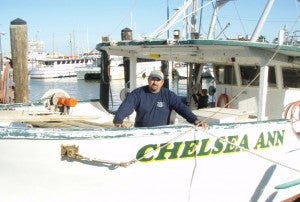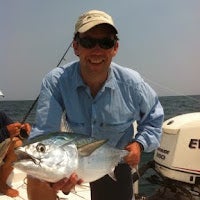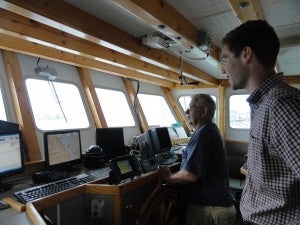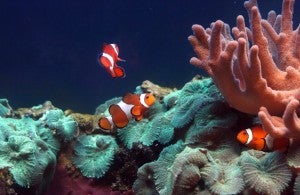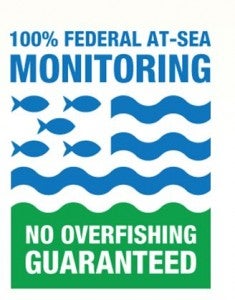This is a re-post of a National Geographic Blog posted by Miguel Jorge of National Geographic’s Ocean Initiative on November 20, 2012
Bubba Cochrane always knew he wanted to be a fisherman. So, despite concerns from his family, he began his career as a deck-hand and eventually saved enough to buy a permit and boat of his own. He’s 43 years old now and owns a commercial fishing business out of Galveston, Texas. Business is good – but he can easily remember what fishing used to be like.
“When I got started, fishing was a race: when the season opened we fished every day until we were notified that the quota was caught. That meant lots of fishing all at once, a glut of fish in the market, and bad prices when we got back to the docks,” said Bubba, reminiscing about his early days in the fishery.
Through the mid-2000s, the red snapper fishery was on the brink of collapse. Even with so few fish in the population and a short season, the fishing derbies meant that the price at the dock stayed low, hurting the profits of commercial fishermen. Fishery managers tried to address the price problem by breaking up the season into the first 15, then 10 days of each month. Fishermen would fish for 10 days, and then wait until the next month to go out again.
These sporadic openings were not the solution fishermen like Bubba wanted. “It’s hard to run your business in just the first 15 days of a month; a lot can get in the way. I tell people to imagine a gas station only being able to sell gas for the first ten days of each month or a contractor only being able to build houses in that short window.” Read More










